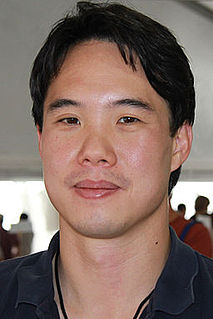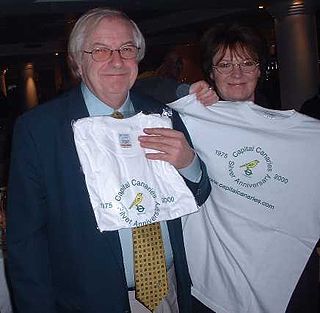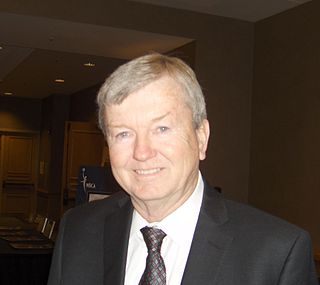A Quote by Primo Levi
I have many times been praised for my lack of animosity towards the Germans. It's not a philosophical virtue. It's a habit of having my second reactions before the first.
Related Quotes
In the first place a philosophical proposition must be general. It must not deal specially with things on the surface of the earth, or within the solar system, or with any other portion of space and time. . . . This brings us to a second characteristic of philosophical propositions, namely that they must be a priori. A philosophical proposition must be such as can neither be proved nor disproved by empirical evidence. . . . Philosophy, if what has been said is correct, becomes indistinguishable from logic as that word has now come to be used.
The maxim that men are not to be praised before their death was invented by envy and too lightly adopted by philosophers. I, on the contrary, maintain that they ought to be praised in their lifetime if they merit it; but jealousy and calumny, roused against their virtue or their talent, labour to degrade them if any one ventures to bear testimony to them. It is unjust criticism that they should fear to hazard, not sincere praise.
How many times have I failed before? How many times have I stood here like this, in front of my own image, in front of my own person, trying to convince him not to be scared, to go on, to get out of this rut? How many times before I finally convince myself, how many private, erasable deaths will I need to die, how may self-murders is it going to take, how many times will I have to destroy myself before I learn, before I understand?
My first degree was in mathematics. That was great, but it didn't help with many of the things that puzzled me. I became a philosopher because I wanted to understand everything, especially those things that didn't make sense. And that has continued to be my philosophical motivation. That's one reason I have such a roving philosophical eye - once I have figured out a philosophical topic to my satisfaction, I find myself moving on to new problems.




































